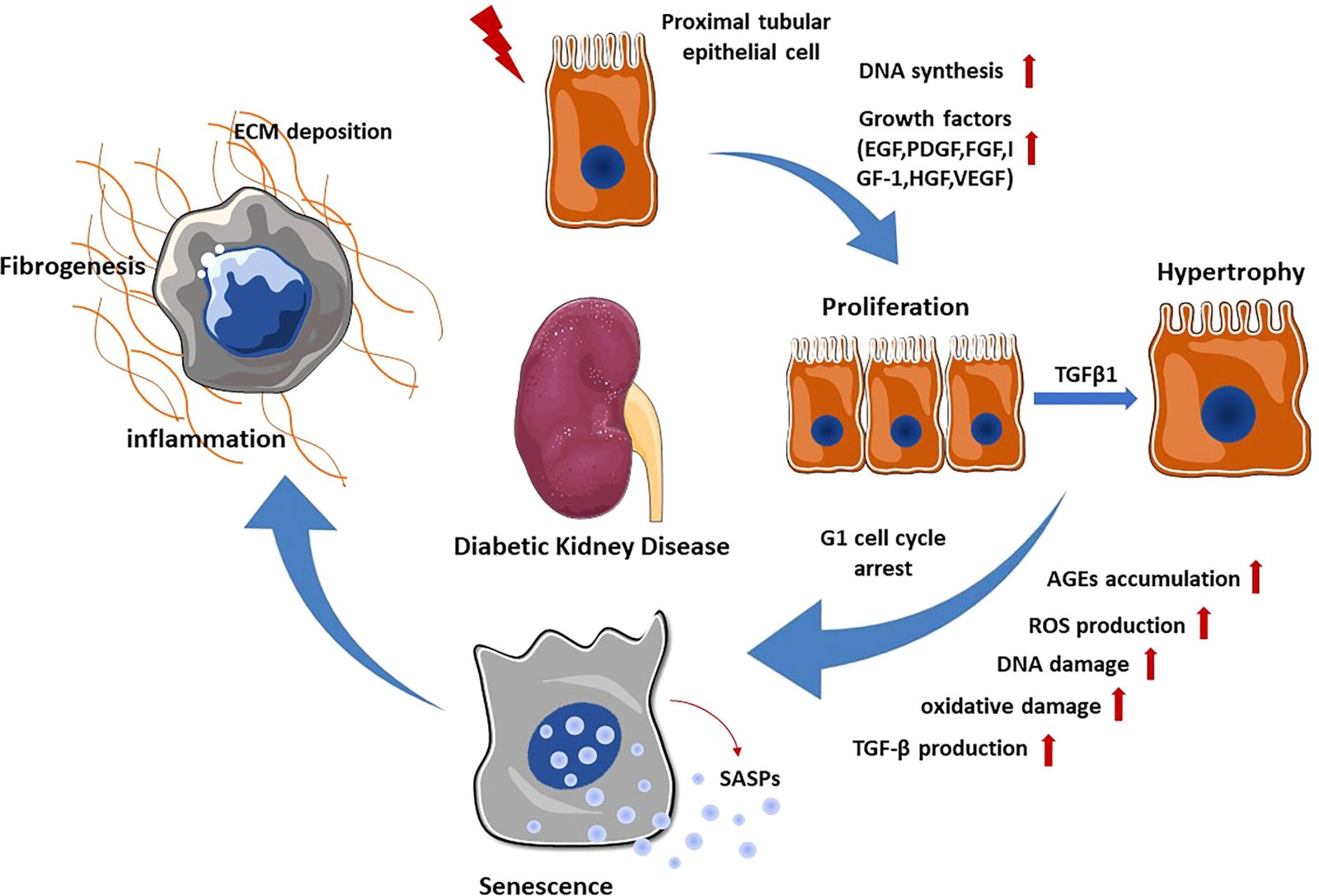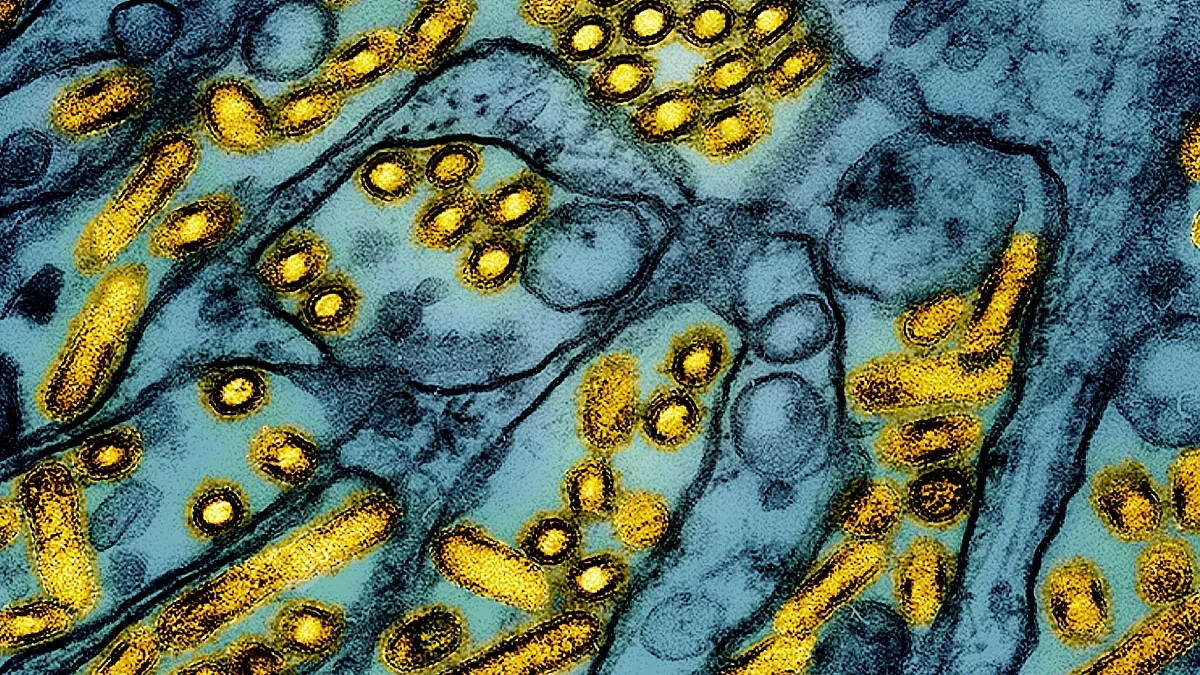Researchers at the University of Bristol have uncovered a mechanism by which a hormone can shield the blood arteries of the kidney from the harmful effects of diabetes, potentially offering an early therapeutic strategy to combat kidney damage in diabetic individuals.
Published in the journal Diabetes, the study, partially supported by Kidney Research UK, sheds light on the significant role of adiponectin, a hormone produced by fat cells, in safeguarding kidney health amidst diabetes-related complications.
Diabetes poses a considerable risk of kidney failure in the UK, with approximately one in five individuals with diabetes requiring treatment for kidney disease during their lifetime, and nearly one in three of those needing dialysis or transplantation being diabetic.
The financial implications of such treatments burden both patients and the National Health Service (NHS). Over time, diabetes causes gradual damage to the kidneys, primarily due to sustained high levels of blood sugar.
Central to the study’s findings is the impact of adiponectin on the glycocalyx, a vital layer within kidney filters. When compromised, the glycocalyx loses its ability to effectively prevent proteins like albumin from being excreted through urine, serving as an early indicator of kidney disease in diabetic individuals.
Dr. Rebecca Foster, Associate Professor of Microvascular Medicine at Bristol Medical School: Translational Health Sciences (THS) and senior author of the study, elaborated on the significance of their discovery: “We knew that adiponectin was protective, but we wanted to understand whether it might be acting by supporting the barrier function of the blood vessels to stop them from becoming leaky. We were excited because it was the first time this fat hormone had been shown to play a role in glycocalyx health. It’s a new mechanism of action.”
Adiponectin, known for its anti-inflammatory properties and effects on glucose metabolism, demonstrates a specific influence on blood vessels. Despite diabetic individuals often exhibiting low levels of adiponectin, the hormone can effectively protect the kidneys by reducing albumin excretion in urine.
Laboratory models of diabetic kidney disease (DKD) revealed that adiponectin can alleviate damage to the glycocalyx, thickening it and thereby reducing vessel leakage.
The emerging focus on the adiponectin pathway offers promising prospects for preventing DKD, highlighting the potential for new preventive therapies through further research.
Dr. Aisling McMahon from Kidney Research UK underscores the importance of preventing severe kidney complications in diabetic individuals, thereby easing the burden on healthcare services.
The study underscores the critical importance of early intervention in mitigating the risk of kidney disease among diabetic individuals, emphasizing the potential of targeting the adiponectin pathway to safeguard kidney health.



